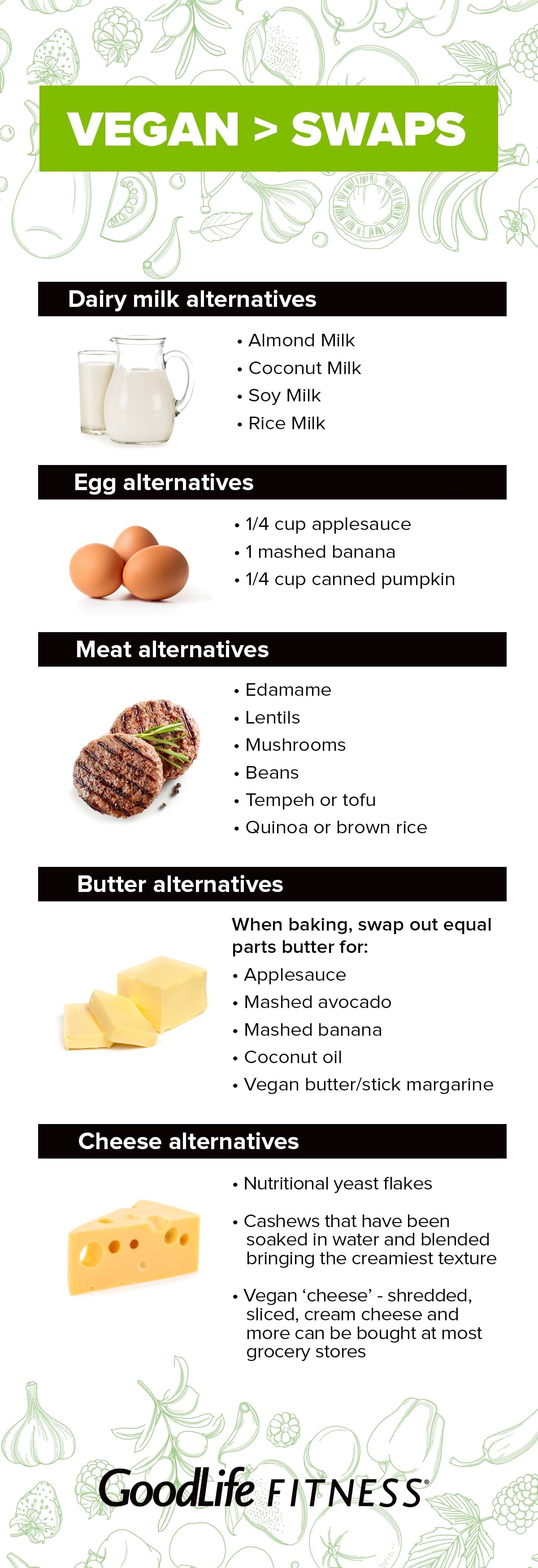Whatever your reason for choosing a vegetarian or vegan lifestyle, that doesn’t mean you’re automatically eating healthier.
Everyone’s body is different, and so are our dietary needs. If you find you’re having trouble losing weight, you may be eating the wrong kinds of vegan products or consuming extra calories.
If this sounds like you, here are some tips to make sure you’re getting the nutrients you need.
- Sneaky calories
Just because something is labelled as “vegan/vegetarian-friendly” on the front, doesn’t mean you can skip reading the label on the back. Products that meet “healthy” criteria are often packed full of sugars and refined flour but contain little nutrients and fibre.
So, while you’re not consuming any animal by-products, you may be accidentally snacking on empty calories. This is also important when picking bottled beverages. Make sure you’re reading labels and not accidentally munching on or gulping down extra sugar. - Serving sizes
When it comes to diet, there is such a thing as too much of a good thing. Healthy foods still contain calories, and some carry a higher number than others. For example, an avocado – while considered a clean food–has 325 calories. A half-cup of plain almonds has 415.
Nut butters, flax seeds, chia seeds and dairy-free milks all add flavour and nutrients to your breakfast smoothies but also add extra calories. It doesn’t mean you shouldn’t add them, but it does mean you should probably skip adding a side of avocado toast. Pick one or the other for your breakfast or snack choice. - Zero protein
Eliminating animal protein is the cornerstone of a vegan or vegetarian diet, and that’s not a bad thing. But protein helps to keep you feeling satisfied and full, so if you’re not consuming plant-based proteins, then you could be setting yourself up to overeat.
Make sure you’re getting your protein from beans, lentils and peas, which are the best sources of plant protein. Or try adding vegan protein powders to your smoothie to help keep you feeling fuller longer. - Carbo load
Going vegetarian or fully vegan can often leave people feeling trapped in a carb-loaded world. While it’s important to get your daily protein, the sources on a plant-based diet also contain a hefty amount of carbs alongside it. For example, while one cup of cooked chickpeas contains 15 grams of protein, it also has 45 grams of carbs. This doesn’t mean it’s bad, simply that you need to be extra mindful of your portion sizes, and the other sources of carbs you may be consuming throughout your day.

